Diagnostic scans for autism not imminent, experts say
An imaging study widely interpreted as heralding a diagnostic brain scan for autism is more preliminary than popular media reports would indicate, according to experts familiar with the work.
From funding decisions to scientific fraud, a wide range of societal factors shape autism research.
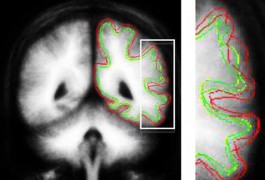
An imaging study widely interpreted as heralding a diagnostic brain scan for autism is more preliminary than popular media reports would indicate, according to experts familiar with the work.
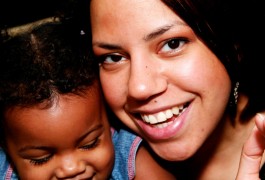
Racial minorities are under-represented in genetic studies, in part because research guidelines do not account for differences in family structure, according to a report based on statistics from several autism gene banks. In response to the report, research teams at Stanford University and the University of California, Los Angeles, are revamping their recruitment practices.
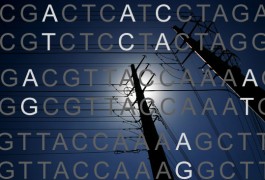
One of the largest genome-wide association studies for autism spectrum disorders, reported last week in Human Molecular Genetics, allows only one definitive conclusion: it isn’t large enough.
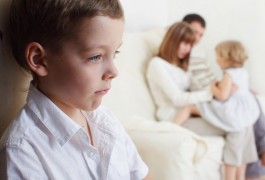
Toddlers who abruptly lose language, social or other developmental skills are more likely to have severe autism a few years later compared with children who have consistent delays from an early age. That’s the conclusion of the largest study thus far of autism onset patterns, published in the Journal of Autism and Developmental Disorders.
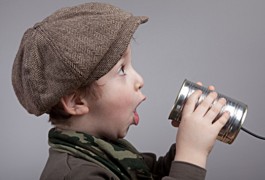
Children with autism are known to have strange rhythms and pitch to their speech, and they speak less often or for shorter periods. Based on these patterns, a company promises to accurately identify children with the disorder.
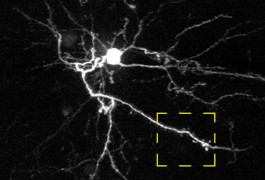
Scientists have for the first time captured a dynamic picture of brain defects in young mouse models of fragile X syndrome. The findings appeared in June in the Journal of Neuroscience.
The mouse brain has more than 1,300 regions for which the copy from one parent is expressed more often than the one from the other parent, according to two studies published today in Science. These so-called imprinted genes have been proposed to cause some cases of autism, but the researchers say their findings do not support that theory.
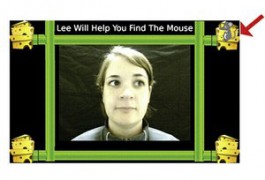
A clever new method records brain activity during live, back-and-forth social interactions and could help scientists study joint attention — the act of looking at an object the same time someone else does.
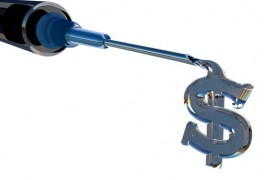
The U.S. government last week announced a $1 million multi-agency initiative that will evaluate how many new ideas, jobs and medical advances have been generated by its investment into scientific research.

The challenge of finding jobs for adults with autism is the focus of a special issue of the Journal of Vocational Rehabilitation. With the right training and tools, the articles suggest, it’s possible for many people with the disorder to be gainfully employed.